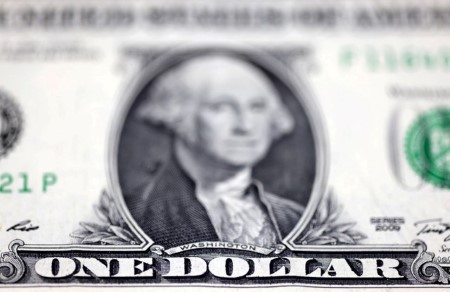




January Economic Update: Growth slows, prices rise
 DOWNLOAD
DOWNLOAD

Inflation Update: Up, up, and away?
 DOWNLOAD
DOWNLOAD

Quarterly Economic Growth Release: Growth takes on a slower pace
 DOWNLOAD
DOWNLOAD


US recap: EUR/USD’s early gains toward 50% of 2022’s drop rejected, risk-off

Nov 28 (Reuters) – The dollar index recovered from early losses after EUR/USD ran into sellers by the 50% Fibo of 2022’s drop, USD/JPY bottomed by November’s lows and sterling’s rapid recovery from September’s record lows faltered shy of the 200-day moving average, as risk-off flows followed numerous protests against China’s zero-COVID policies.
All of this ahead of this week’s important US and European data and Fed events, topped off on Friday’s by the US non-farm payroll report.
EUR/USD was helped to its 1.0497 EBS Monday high by hawkish comments from Dutch central bank chief Klaas Knot and European Central Bank President Christine Lagarde nL1N32O0FS. This, after board member Isabel Schnabel pushed back on Thursday against calls from many of her colleagues for smaller interest rate increases by the ECB nF9N31S007.
Bunds and other euro zone yields were also boosted by Chinese supply chain concerns.
But Cleveland Fed President Loretta Mester and New York Federal Reserve Bank President John Williams on Monday pushed back on market expectations for rates to peak in mid-2023 and then begin to retreat. And St. Louis Fed President James Bullard said the Federal needs to raise interest rates quite a bit further in order to gain control of inflation.
EUR/USD fell 0.4%, well down from the early gains that failed to reach 1.0500 and the midpoint of 2022’s slide at 1.0511.
With the dollar having retreated so quickly from September’s 20-year peak and so much event risk from US data this week, some consolidation looked in order, as traders, the Fed and ECB become more data-dependent in pacing further rate hikes and QT in the ECB’s case.
Risk-sensitive sterling fell 0.9%, having gone from deeply oversold in September to overbought now. Bearish CBI data also weighed Monday.
USD/JPY fell 0.16%, having rebounded from its earlier drop that tested November’s lows, with a bigger breakdown now dependent on Wednesday and Friday’s event risks.
The yuan and Australian dollar fell 0.5% and 1.1% amid the China COVID concerns.
(Editing by Terence Gabriel; Randolph Donney is a Reuters market analyst. The views expressed are his own.)
This article originally appeared on reuters.com





 By Reuters
By Reuters